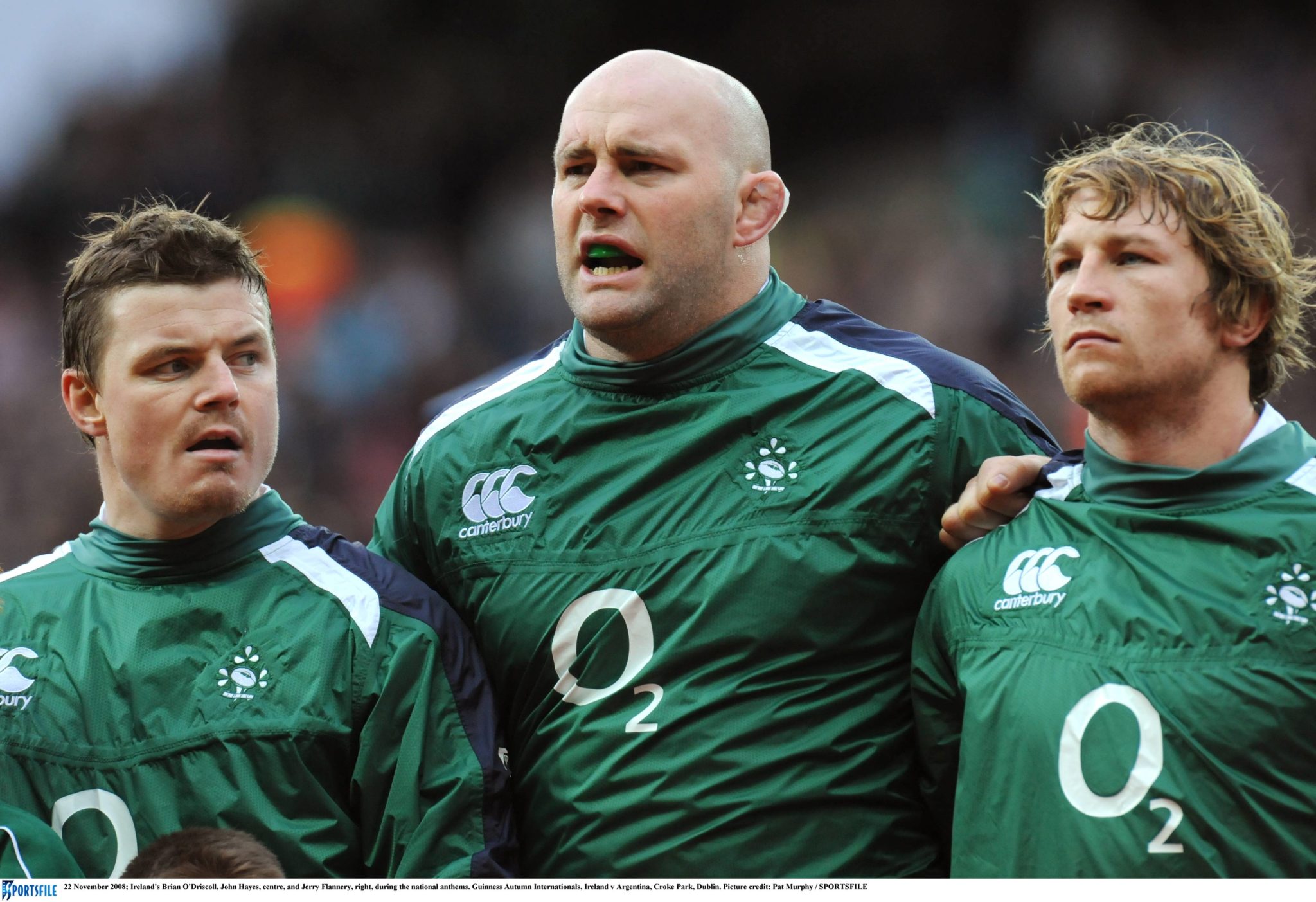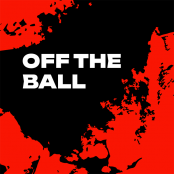Brian O'Driscoll joins Nathan Murphy this week to discuss Carl Hayman and head trauma in rugby.
Carl Hayman is a former All Black. He played 46 times for New Zealand from 2001 to 2007 as a tighthead prop.
He is now retired at 41 years of age with early-onset dementia and probable chronic traumatic encephalopathy (CTE). Stephen Thompson revealed less than 12 months ago that he cannot remember the World Cup that he won because of brain trauma.
The harsh reality of rugby is coming clear for too many of the sports former stars. The devastation reaped on their bodies was always visible and understood, but the long-term impact of brain injuries is new.
"If I knew what I know now, I don't think I would have played post the 2007 World Cup," Hayman said.
Brian O'Driscoll is a similar age to Hayman. They played at the same time. And they played against each other. Although O'Driscoll didn't know Hayman personally, he knew of him and recognized his post-career problems as atypical of his personality.
"With every one of these articles it grabs a bigger piece of your attention," O'Driscoll said.
"Certainly as an ex-player, I'm a year older than him and I didn't know him personally but a quiet guy who went about his business. So some of that erratic behaviour certainly doesn't sound like the Carl Hayman that I would have heard about. A super popular guy so for him to find himself in this predicament is definitely concerning for the game as a whole."
O'Driscoll commended Hayman's bravery.
Unfortunately, Hayman's story is too familiar. Too many former athletes have become violent or erratic after prolonged playing careers in violent sports. NFL players are suffering more than most. CTE is frighteningly prevalent amongst former players.
Because brain injuries can't be seen the way a wound or bruise can, players such as O'Driscoll are left wondering as they age.
 "When you forget a name or you forget something or you can't recall something as well as someone else, it's easy to connect it to that rather than just being a bit ditsy. But it does feel that the physicality of the professional game, there's an element of us being guinea pigs.
"When you forget a name or you forget something or you can't recall something as well as someone else, it's easy to connect it to that rather than just being a bit ditsy. But it does feel that the physicality of the professional game, there's an element of us being guinea pigs."Particularly over that period of time where concussions and impacts haven't been monitored the way they have been in the last 10-or-so years.
"I don't think it keeps me awake at night but it definitely makes me think about what my brain capacity will be like in 20-25 years time."
World Rugby has changed many laws to try and protect players better. The rules have led to more red cards and controversy. But it's impossible to argue against the need for change. World Rugby can't do enough to protect these players. If the quality of the product has to suffer for the fan slightly, then so be it.
O'Driscoll is fortunately in good health now. And he recognizes that in reading Hayman's story.
"The memory loss, the anger, the alcohol abuse, I guess I'm very lucky that I don't associate any of those things with myself. But yet it does feel as though there's more to come. World Rugby potentially have a problem on their hands."
Mack Hansen drafted into Ireland squad
Team of Us. Everyone In.
Vodafone. The main sponsor of the Irish Rugby Team
Download the brand new OffTheBall App in the Play Store & App Store right now! We've got you covered!
Subscribe to OffTheBall's YouTube channel for more videos, like us on Facebook or follow us on Twitter for the latest sporting news and content.









